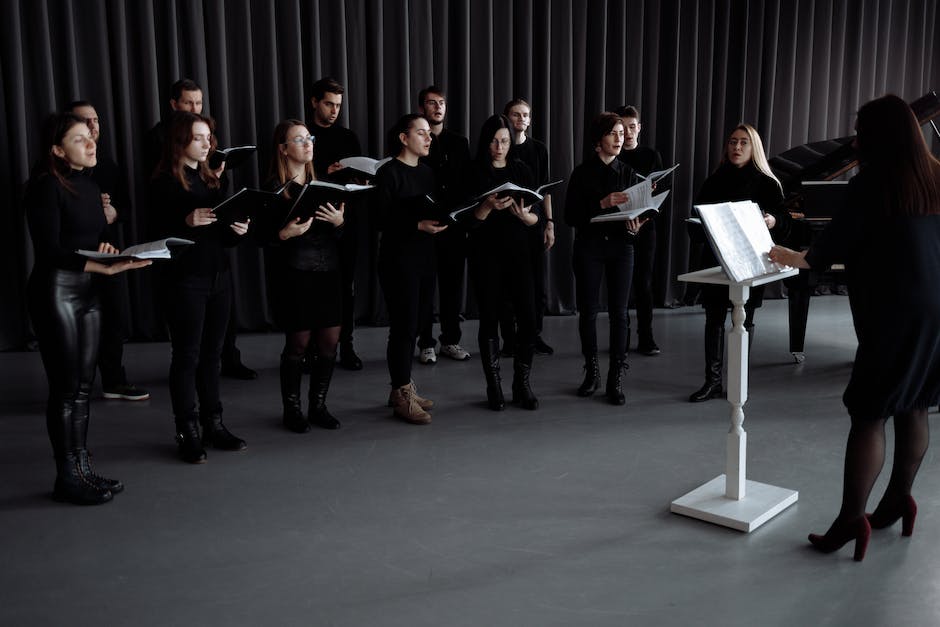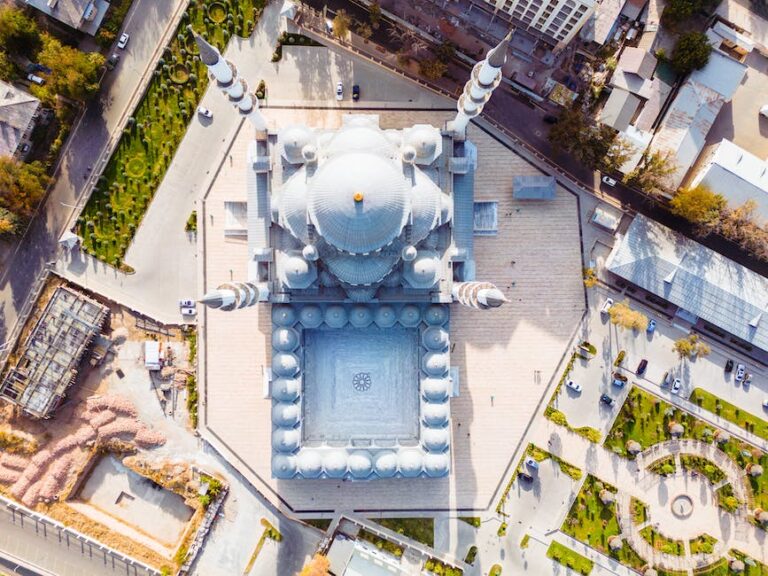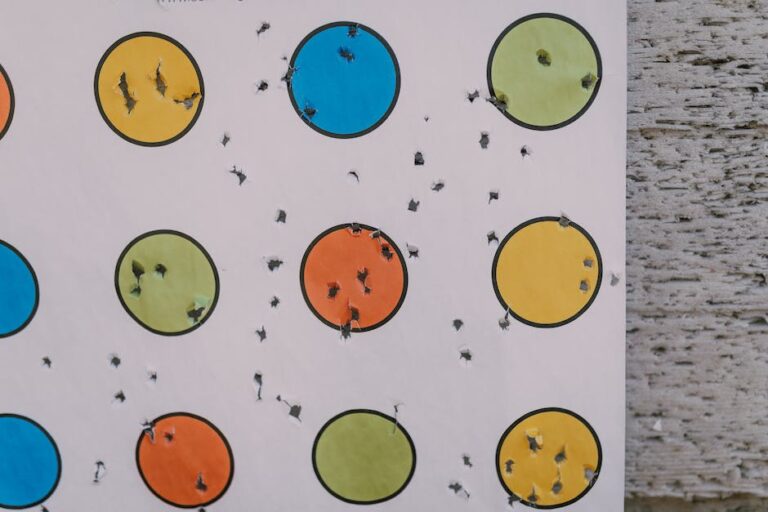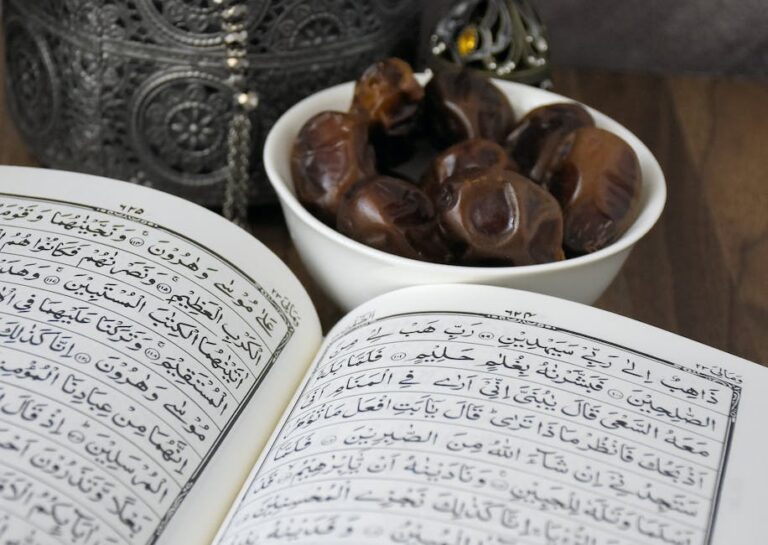Top 5 Must-Listen Qawwali Performers You Need To Know
Qawwali is a form of devotional music popularly known as Sufi music. It originated in the subcontinent more than 700 years ago and has been popular ever since. Qawwali is an excellent example of how music can be used to express one’s love and devotion to God. It can be performed in various languages, including Urdu, Persian, Punjabi, and Sindhi. The purpose behind such music is to reach the soul of the listener and make them feel spiritually elevated. Qawwali is not only popular in the subcontinent, but its popularity has crossed borders and reached many parts of the world.
The musical genres of the Islamic world are diverse, just like its people, and Qawwali is one such genre. It is said that Qawwali is influenced by the classical music of Persia, Arabic and Turkish music, and Indian classical music. The origins of Qawwali began in mystical sects, where communal gatherings took place to communicate with the divine. Over time, Qawwali gained popularity and became the heart of Sufi music. Today, it is performed not only in religious shrines and mosques but also in concerts, on television, and on social media platforms.
Nusrat Fateh Ali Khan: The King of Qawwali
Nusrat Fateh Ali Khan, also known as “Shahenshah-e-Qawwali” (The King of Qawwali), was a Pakistani musician who is still celebrated as one of the greatest Qawwali singers of all time. Born in Faisalabad in 1948, he learned the art of Qawwali from his father and began performing at the age of 16. He revolutionized the traditional genre of Qawwali by adding elements of Western music and giving it a contemporary style while still preserving its essence.
Nusrat Fateh Ali Khan not only captivated Pakistani audiences but also gained international recognition through collaborations with musicians like Peter Gabriel, Michael Brook, and Eddie Vedder. He performed for audiences all over the world and created many unforgettable melodies, including “Allah Hoo,” “Mast Qalandar,” and “Dum Mast Qalander.” Nusrat Fateh Ali Khan passed away in 1997, but his legacy lives on through his music and the continued inspiration he provides aspiring Qawwali singers.
Abida Parveen: The Voice of Sufi Music
Abida Parveen is one of the most acclaimed female Sufi singers from Pakistan. Born in Larkana, Sindh in 1954, she was introduced to Sufism at a young age by her father, who was also a teacher and a Sufi. Abida Parveen started her career in music when she was only nineteen years old and released her first album in 1977.
She is known for her powerful and mesmerizing voice, which has been described as soulful and spiritual. Abida Parveen has a Fan Following all over the world, not just in Pakistan. She has performed all over the world and has won numerous awards and accolades for her contribution to music. Her most popular track “Dama Dam Mast Qalandar” has been covered by many artists around the world. Abida Parveen has become a symbol of Sufi music, and her legacy continues to inspire many upcoming Sufi singers.
Sabri Brothers: Sufism, Qawwali and Classical Melodies
The Sabri Brothers, also known as the “Qawwali Kings,” were a Pakistani Qawwali group formed by the late Ghulam Farid Sabri and Maqbool Ahmed Sabri in the early 1950s. The Sabri Brothers are credited with making Qawwali music popular in Pakistan and introducing it to international audiences. The group performed for over 50 years and created numerous tracks that are still popular today.
The Sabri Brothers’ music style was not limited to Qawwali only, as they incorporated elements of classical music too. Ghulam Farid Sabri was a trained classical singer and would often incorporate ragas and other classical elements into his Qawwalis. The Sabri Brothers experimented with fusion music and collaborated with Western artists, including Norway’s Late Andreas Eriksen, which resulted in creating something extraordinary with contrasting musical techniques.
Rahat Fateh Ali Khan: The Musical Legacy Continues
Rahat Fateh Ali Khan, the nephew of Nusrat Fateh Ali Khan, is considered as one of the greatest contemporary Qawwali singers. He started his musical career at the age of seven and was trained by his father and uncle. He released his first album at the age of 16 and has since gone on to create some unforgettable Qawwali tracks.
Rahat Fateh Ali Khan has also lent his voice to many Bollywood films, and his tracks, “Tere Mast Mast Do Nain” and “Jiya Dhadak Dhadak Jaye,” have topped the charts. He has won numerous international awards and performed for audiences all over the world. Rahat Fateh Ali Khan has kept alive the spirit of Qawwali and the legacy of his uncle. His unique voice and style have gained him a large fan following, and he continues to inspire many upcoming Qawwali singers.
Ustad Ghulam Farid Sabri: Master of Traditional Qawwali
Ghulam Farid Sabri, the co-founder of the Sabri Brothers, was a legendary Qawwali singer known for his traditional style. He was born in Kalyana, Rohtak, in present-day Haryana, India, in 1930. Ghulam Farid Sabri started his career as a Qawwal when he was only six years old. He learned Qawwali from his father and uncle, who were both famous Qawwals themselves.
Ghulam Farid Sabri was known for his unique style of singing, which included emphasizing certain words and phrases to create an emotional impact in the listener. He was a master of Tajwid, the art of Quranic recitation, and would often incorporate it into his Qawwali performances. Ghulam Farid Sabri remained committed to traditional Qawwali throughout his life and was widely respected in the Qawwali community.
Conclusion: The Timeless Appeal of Qawwali Music
Qawwali music is more than a genre, as it speaks directly to the soul and spirit of the listener. Its lyrics speak of devotion, love, and the search for God. The Qawwali genre has evolved over time, giving birth to new styles and interpretations. However, the essence of Qawwali remains unchanged. It is a form of music that connects people to their spiritual selves and promotes peace and harmony.
In conclusion, the world of Qawwali music is a rich and diverse one that has much to offer. Its legends, such as Nusrat Fateh Ali Khan, Ustad Ghulam Farid Sabri, and others, have left an indelible mark on the genre. The timeless appeal of Qawwali music has made it a beloved art form, not only in South Asia but also around the world. Its continued popularity is a testament to the power of music to connect us to our spiritual selves and unite us with something greater than ourselves.







